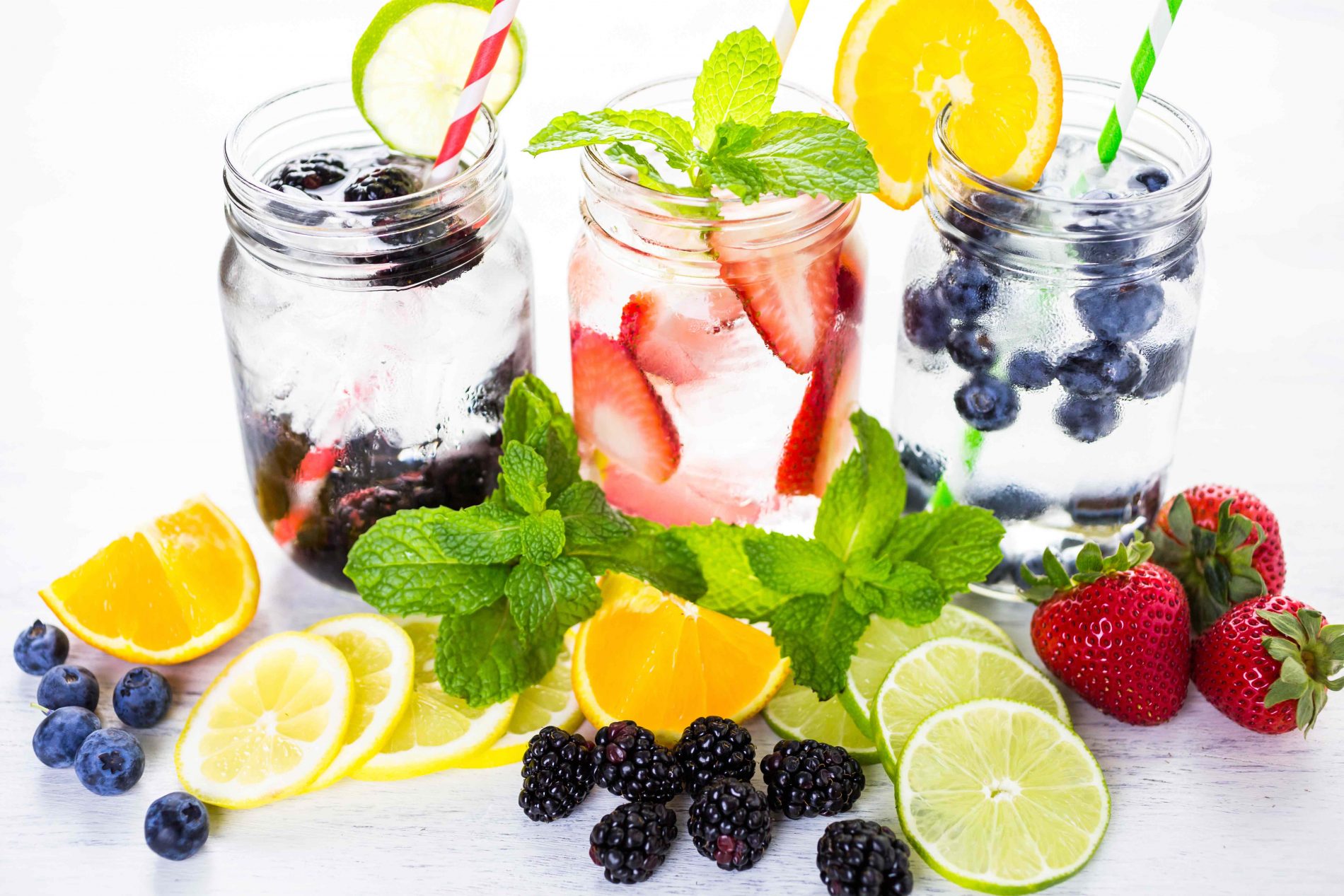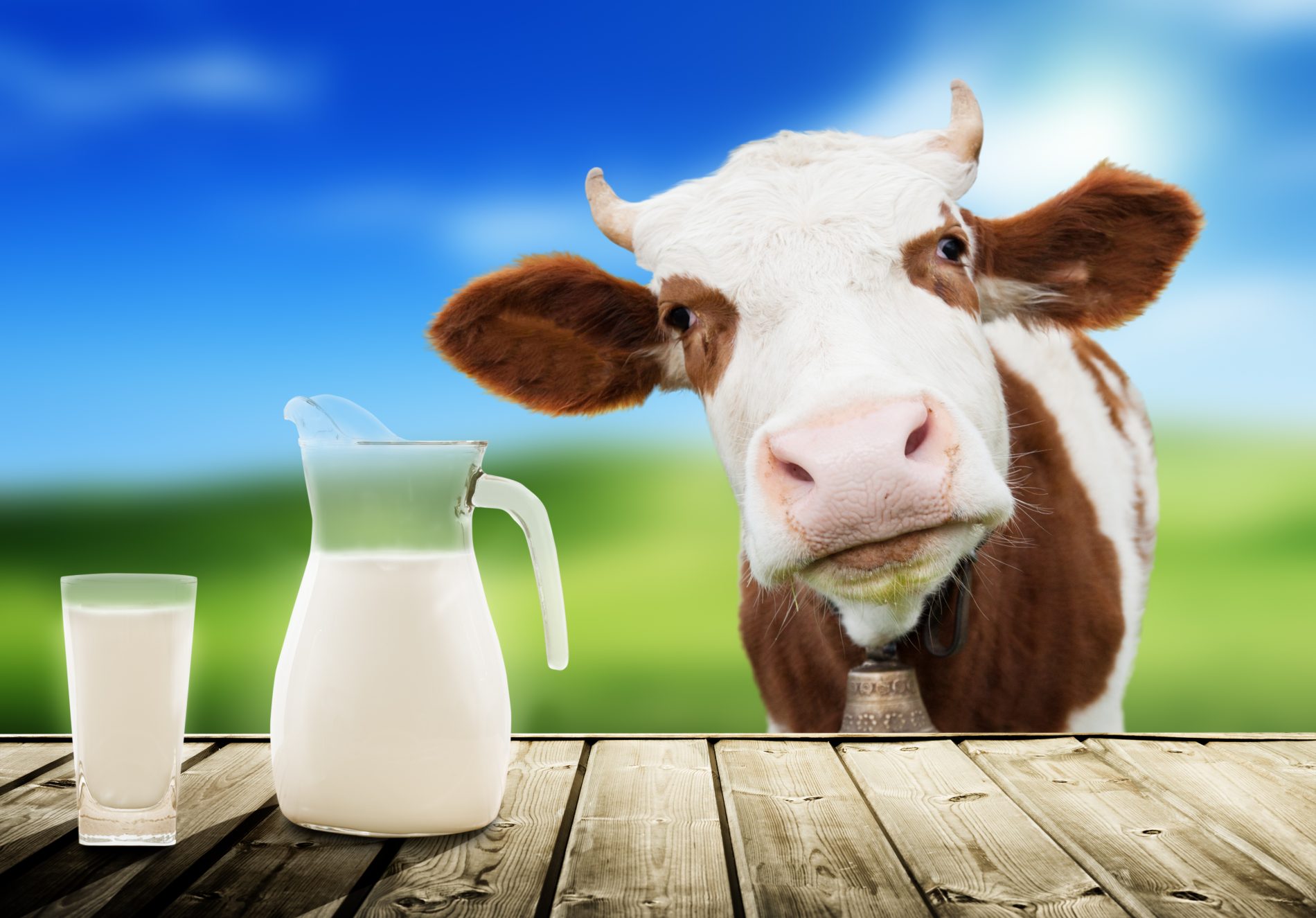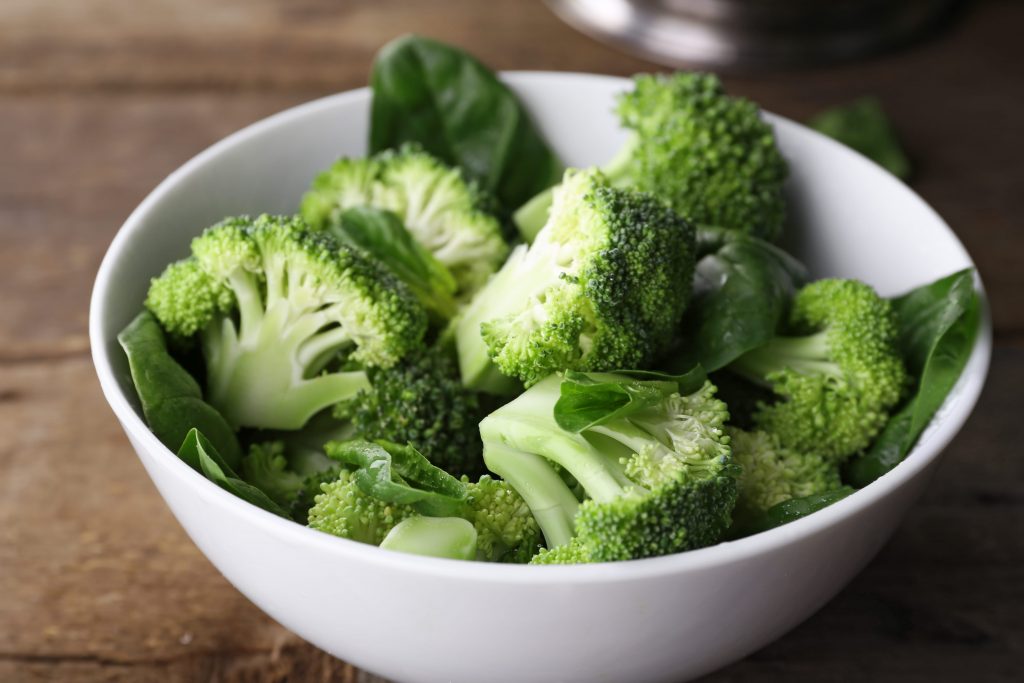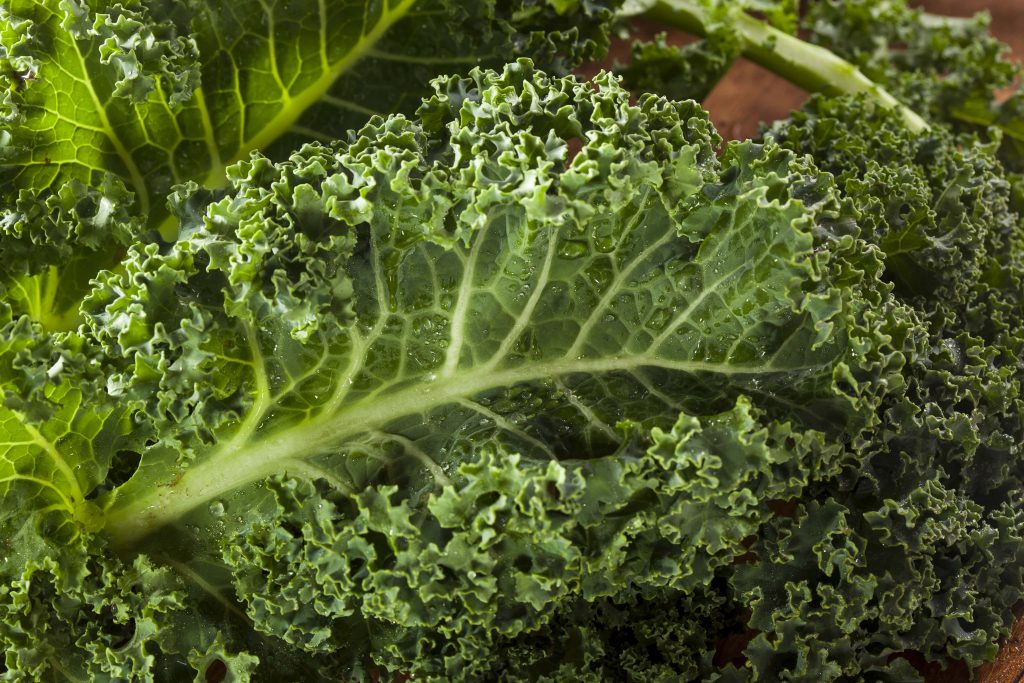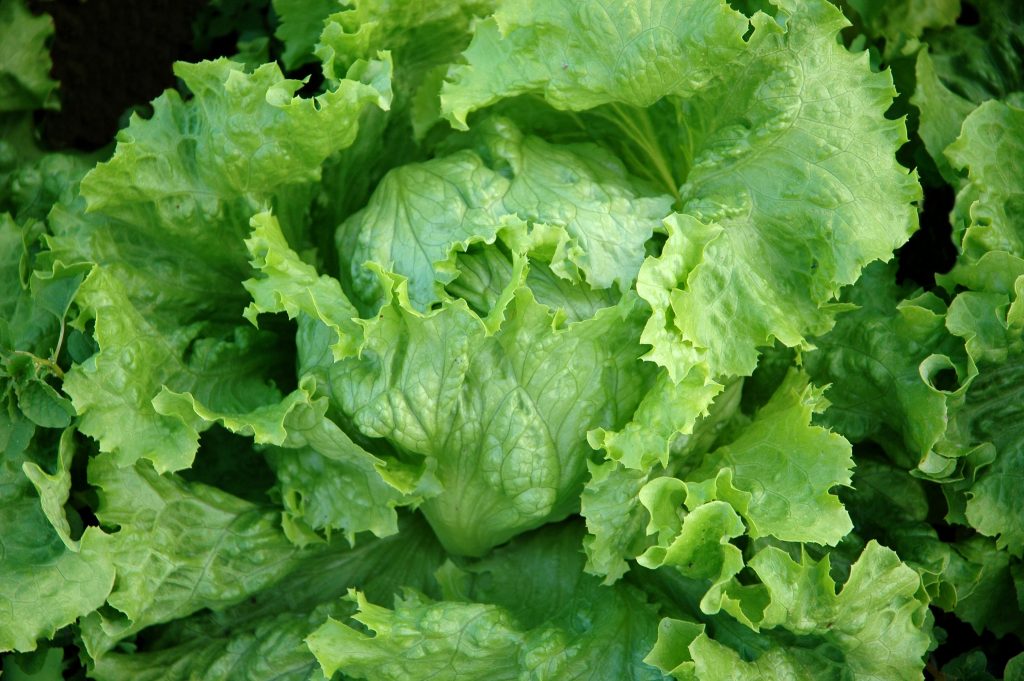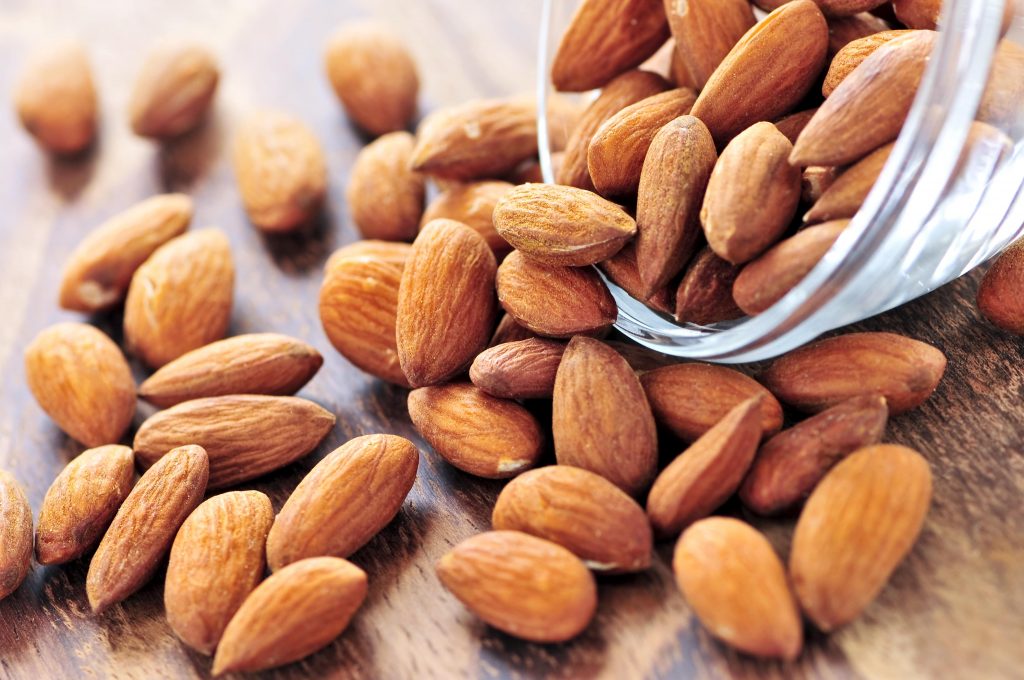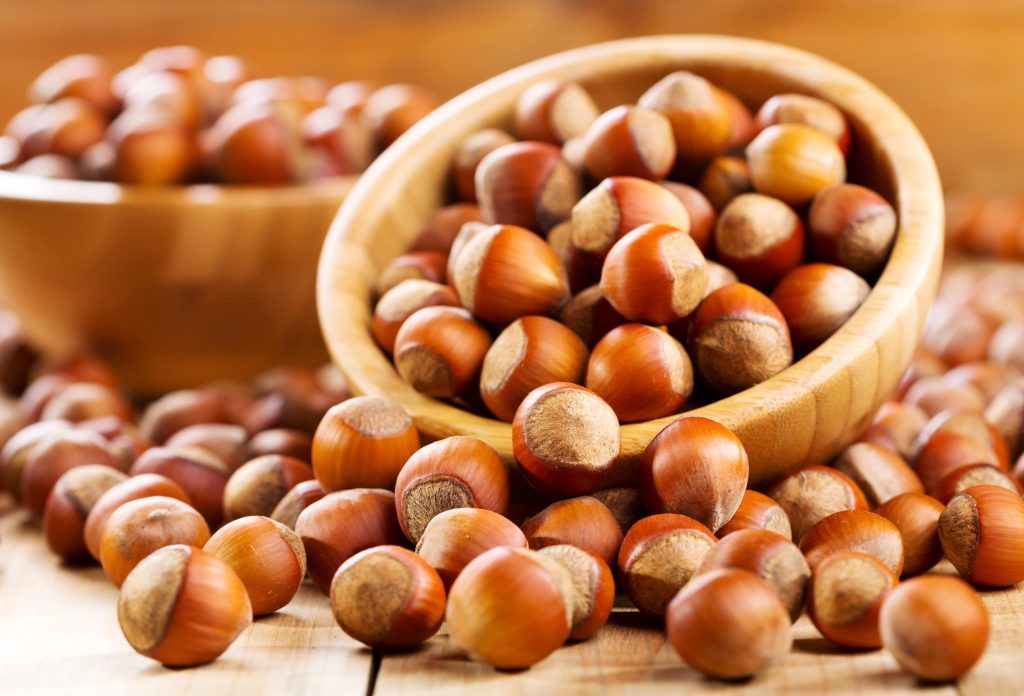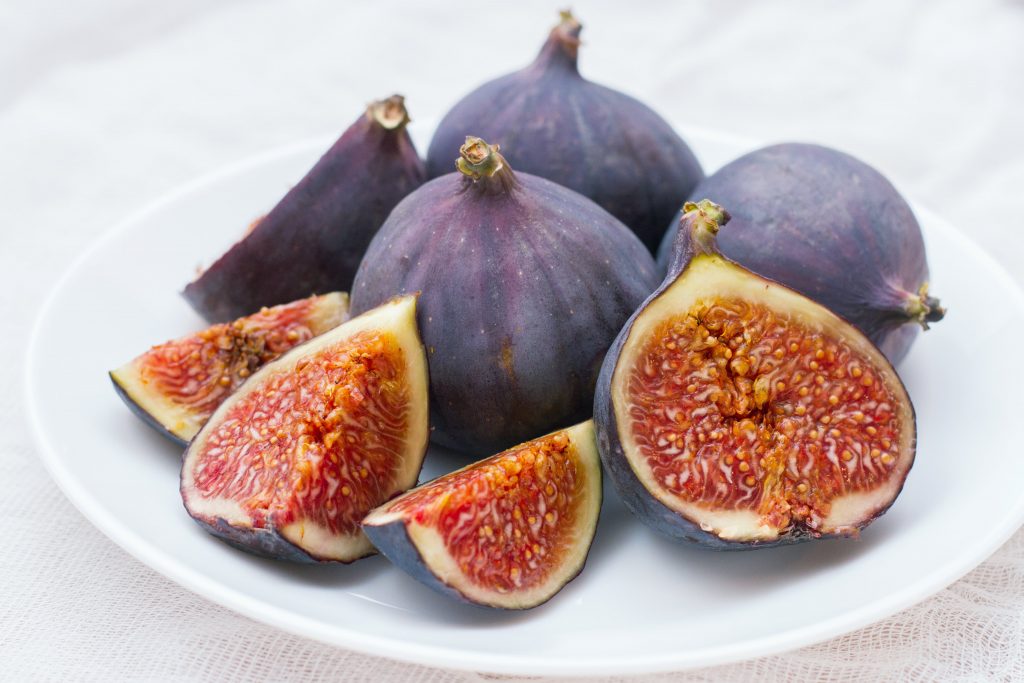Everywhere you turn, you hear about detoxifying your body. But what are you not being told?
What do you need to know to detoxify safely without re-toxifying your body?
You can think about it like you would a traffic jam. There are potentially hundreds of cars trying to make their way down the highway but there are only three lanes and when you have so many more vehicles than there is room for on the road, you end up in chaos.
So what happens is that when you are adding in intense detoxification methods, it can sometimes wreak more havoc on your body than if you had just left things alone. So the answer to not re-toxifying your body starts with a very gentle process of a gentle detox.
The main forms of detoxification for your body are through your intestines, kidneys, lungs and skin.
Intestines:
Your intestines rid you of food toxins that you are finished pulling out the nutrients from. This is also a place that bodily toxins are dumped for removal. But often, your digestion can be sluggish from eating too much meat, grains and dairy products. (You should be pooping at least twice per day… if you’re not, you can be sure that you have serious toxic build up in your digestive tract). So the first thing we need to do to start a gentle detoxification is to start moving out those old toxins that are stuck there before we start delivering a whole bunch more toxins for it to process and be overloaded.
Start by increasing your water intake – and add lemon to it to add a bit of a added clean-up assistance. (I love to peel a whole lemon and throw it in my high speed blender with a litre of fresh water, and then strain it to remove the tiny pit pieces that break apart). This will help to start gently encourage movement of toxins out of your intestines.
Then start adding in more fibre to keep your intestines moving. The fibre acts like a broom and sweeps up the toxins and helps to move them out. The best forms of fibre are fruit and vegetables! Eat more than you ever have before!
Kidneys
Your kidneys filter your blood continually, all day long, and never rest. They pull toxins from your blood supply and deliver them to your bladder to be removed from your body in your urine. So yes, you guessed it! More water! 3-4 litres per day and more if you are super active.
Lungs
Your lungs are always delivering fresh oxygen to your body, but they also help to expel toxins on the exhalation. So take a few moments several times through the day to do some deep breathing exercises. AND move that body!! Breathe hard, make it work and make it sweat! We were built to move.
Skin
We chatted about moving that body! Your sweat will help to move toxins out of your body, so try to get some joyful movement into your schedule every day.
Additionally, dry skin brushing is an excellent way to encourage the release of toxins from your skin by using a natural hair bristled brush and very gently brushing your skin from the bottom of your body toward your heart. And from your hands and arms to your heart as well. Use gentle strokes or circles. The keyword is GENTLE – your lymph drainage system is extremely fragile and can only respond and pump the lymph when its movement is gently encouraged.
Jo-Anne Richardson has almost a decade of experience managing a chiropractic office and educating patients on how chiropractic can allow your body to express optimal health. She is a Registered Holistic Nutritionist and holds a Degree in Communications. She loves to experiment with raw vegan recipes, loves to salsa dance, travel and learn new holistic health information to share tips with everyone who visits the office.

